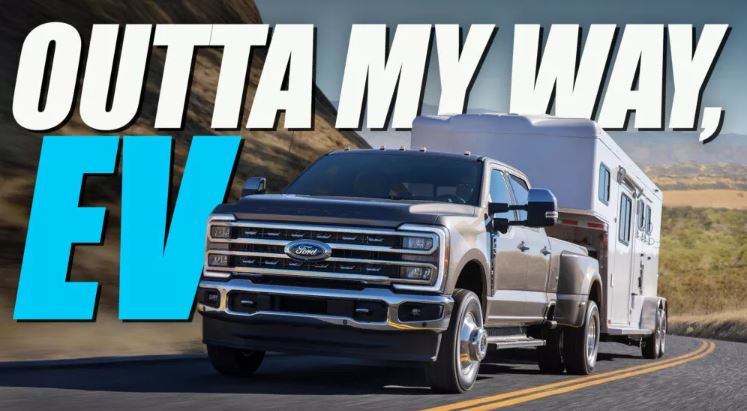Deciding whether to transition to electric vehicles (EVs) is a major choice for consumers, but for automakers, it’s an even more monumental decision. Making the wrong move or mistiming the transition could result in a loss of billions of dollars.
This week, GM announced a second delay to the EV line at its Orion Assembly plant in Detroit, where it plans to build the new Chevrolet Silverado EV. Originally set to begin production late last year, the site won’t produce its first vehicle until mid-2026. Bloomberg reports that GM CEO Mary Barra communicated this delay to analysts. This pushback means GM won’t meet its goal of building 1 million EVs by the end of 2025, a target Barra had previously admitted was unlikely.
Ford confirmed it will use its Oakville plant in Ontario, Canada, to manufacture traditional Super Duty pickups instead of the electric Explorer and Lincoln Aviator SUVs it initially intended to produce there. GM’s decision comes just a week after Ford revealed a shift in its plans.
Ford and GM, for instance, have already invested billions into the EV movement. However, they’ve realized that consumer interest is lacking, prompting both companies to scale back their electrification plans. Instead, they’re returning to their roots with large, combustion-powered trucks that their customers love.
Unlike EVs, which are costly to manufacture and challenging to sell, Ford’s Super Duty trucks are highly profitable and in high demand. In April, CEO Jim Farley mentioned that Ford could sell every truck it built twice over. The company is investing $3 billion to update the Oakville plant, ensuring the jobs of 1,800 workers remain secure despite the delay in EV production until 2027, as reported by the New York Times.
Partially-electric vehicles are also affected by GM’s revised strategy. The automaker has delayed the introduction of a Buick plug-in hybrid electric vehicle (PHEV) due to insufficient demand, according to Bloomberg.

